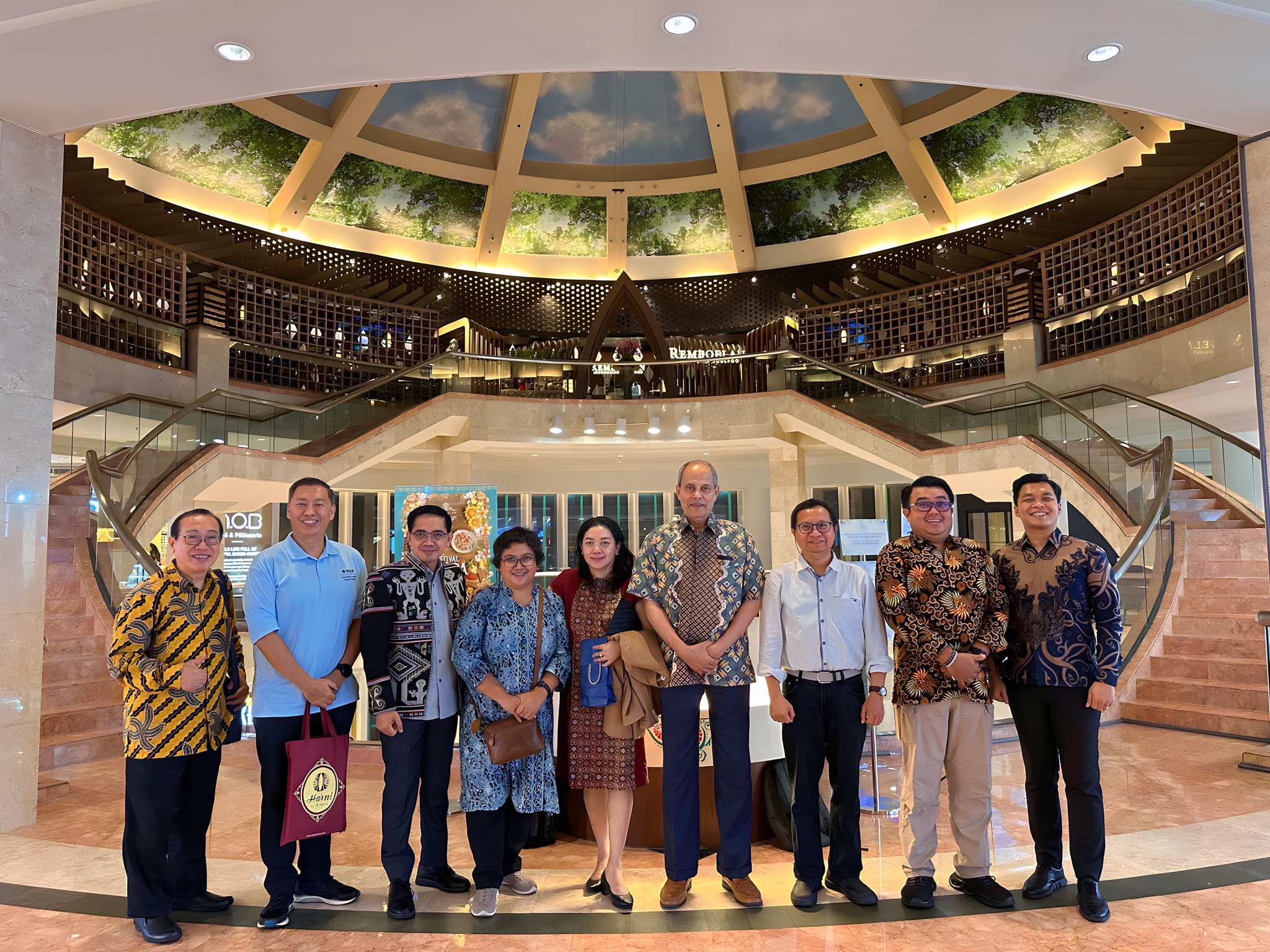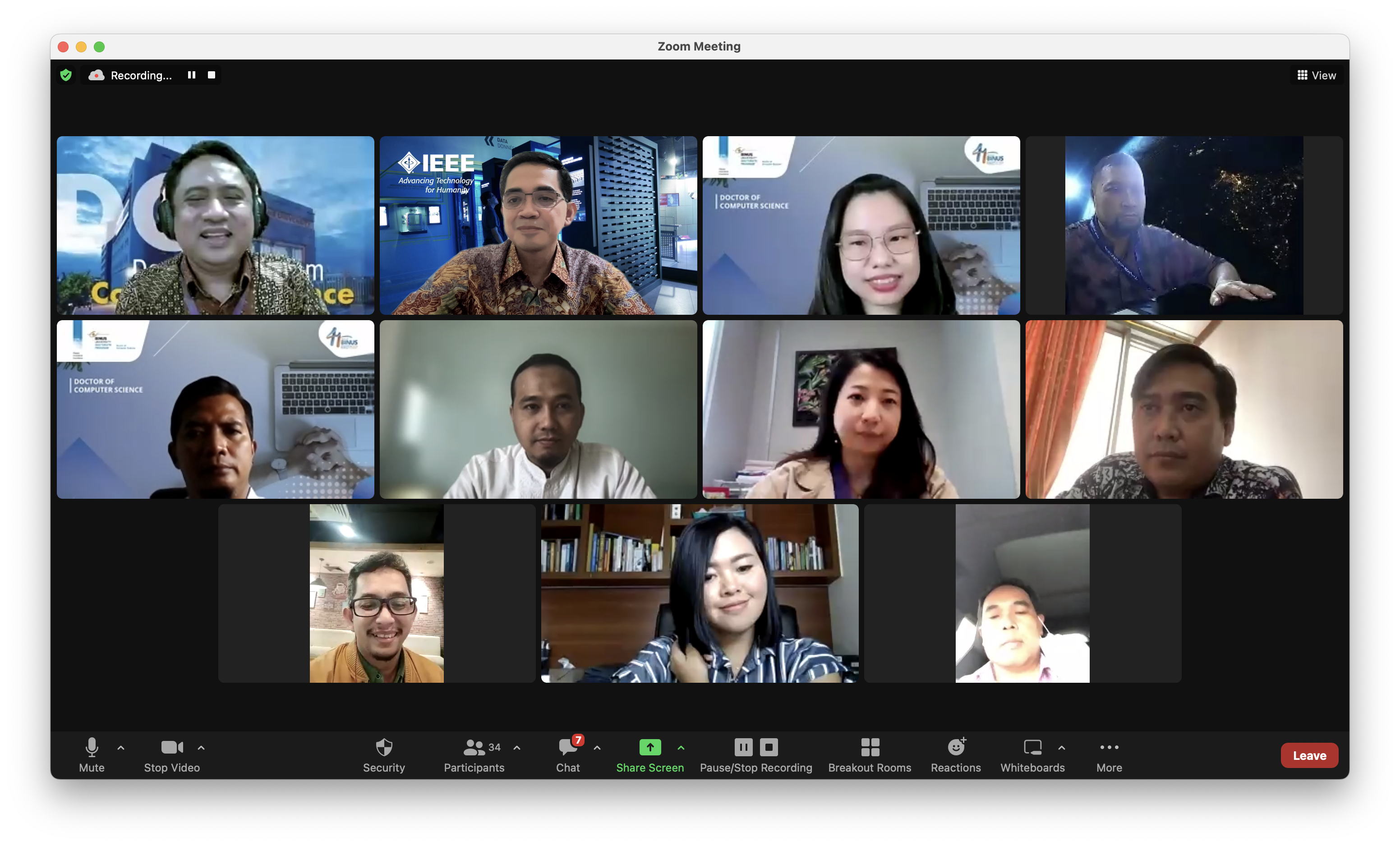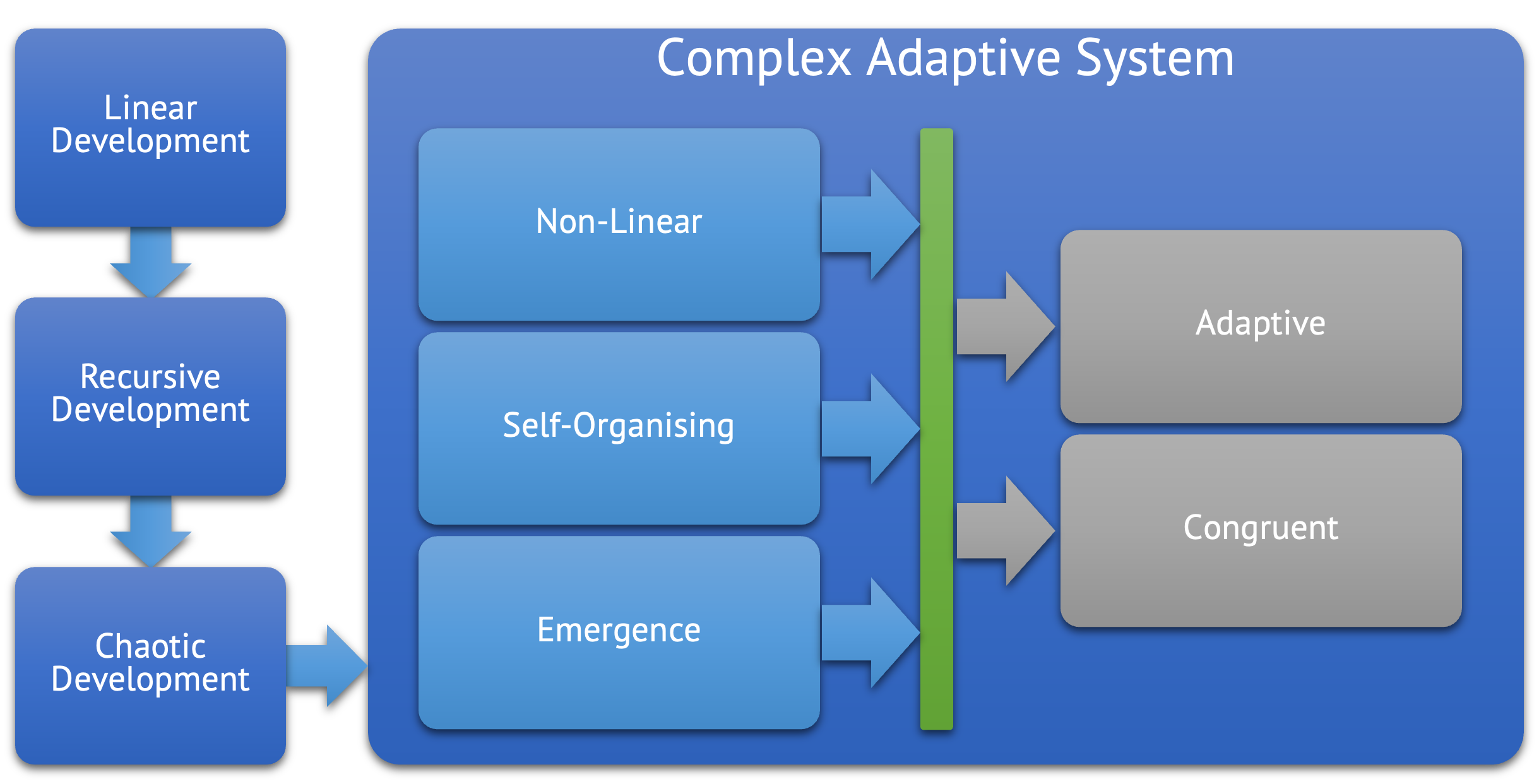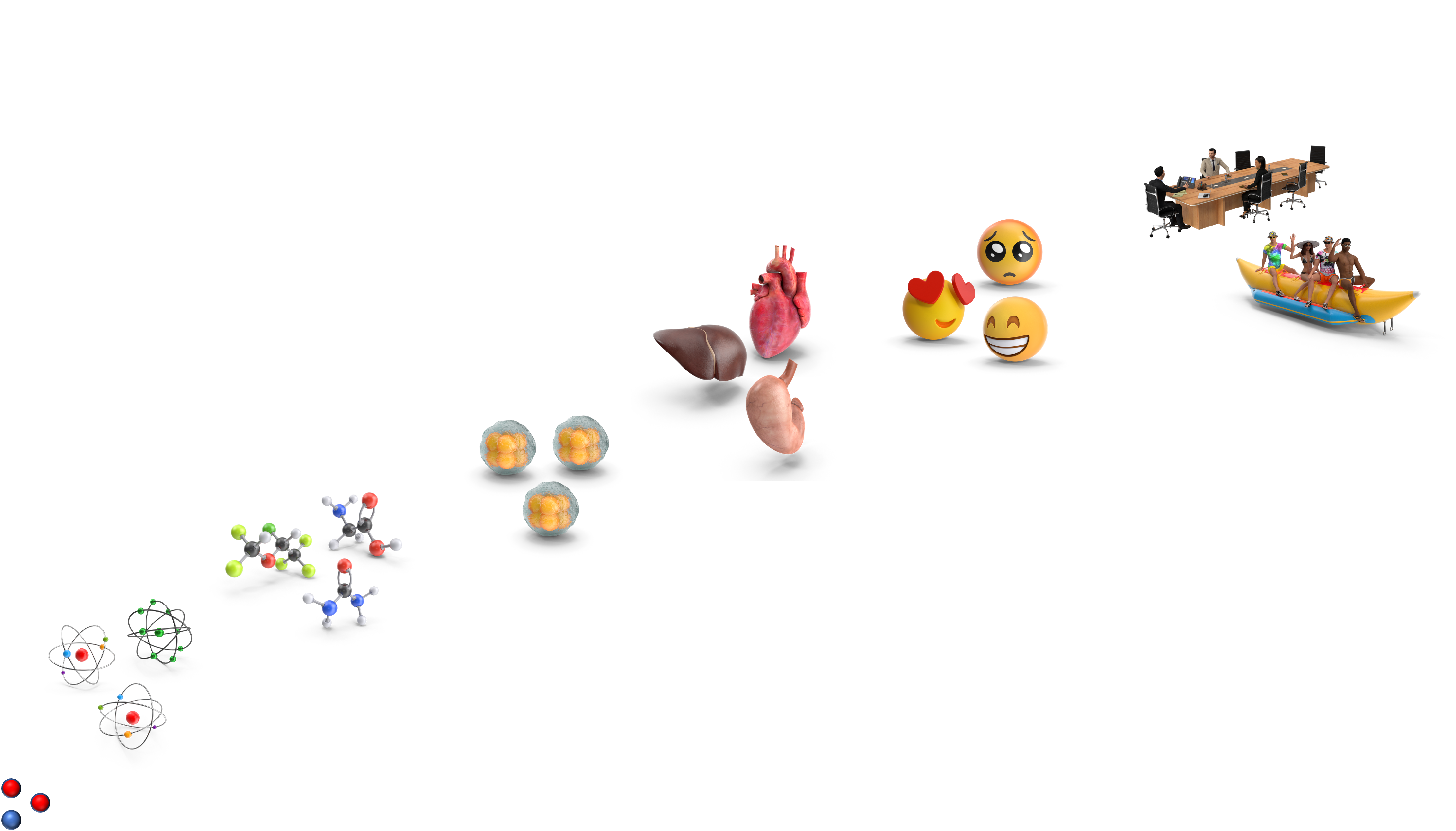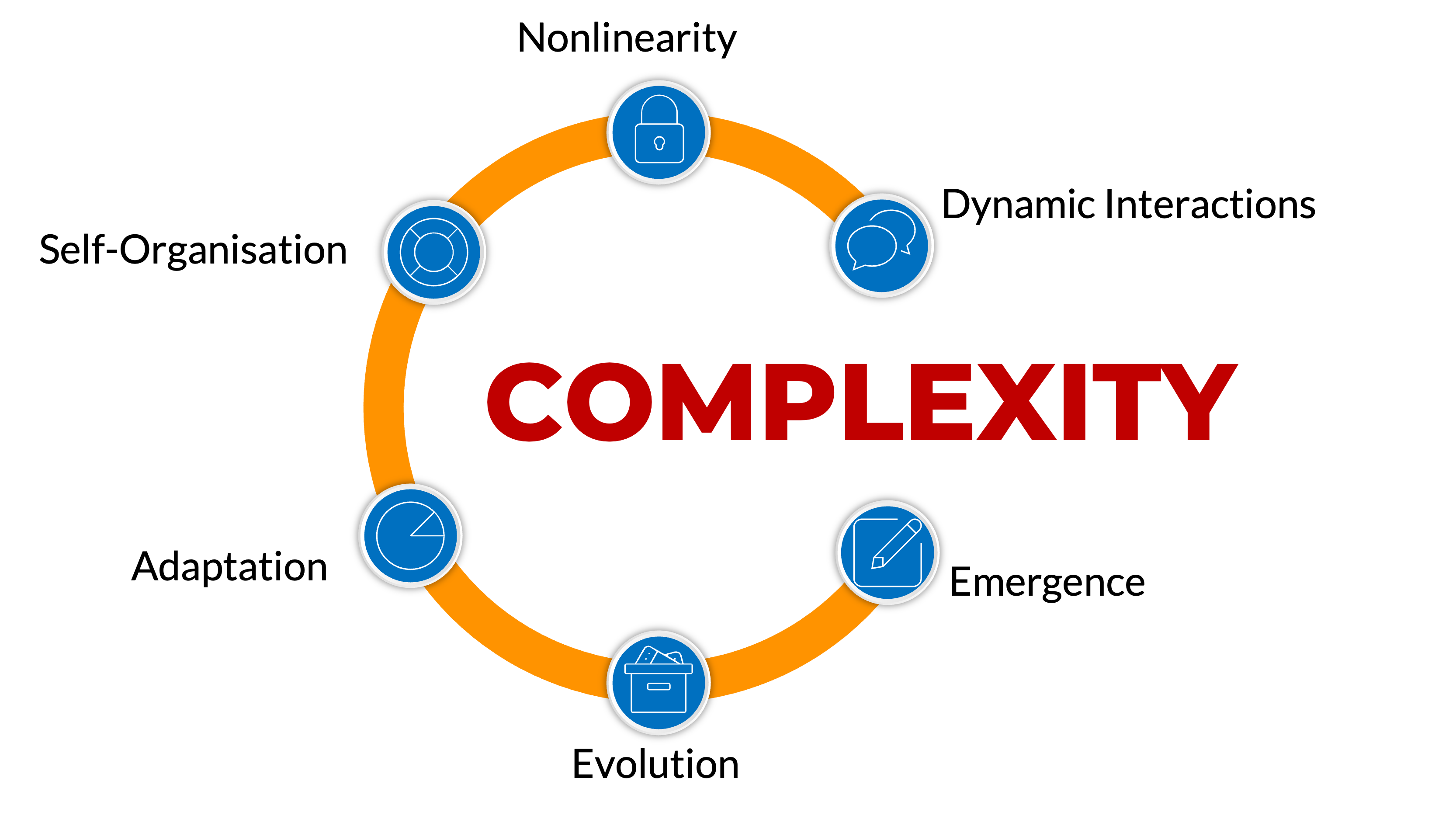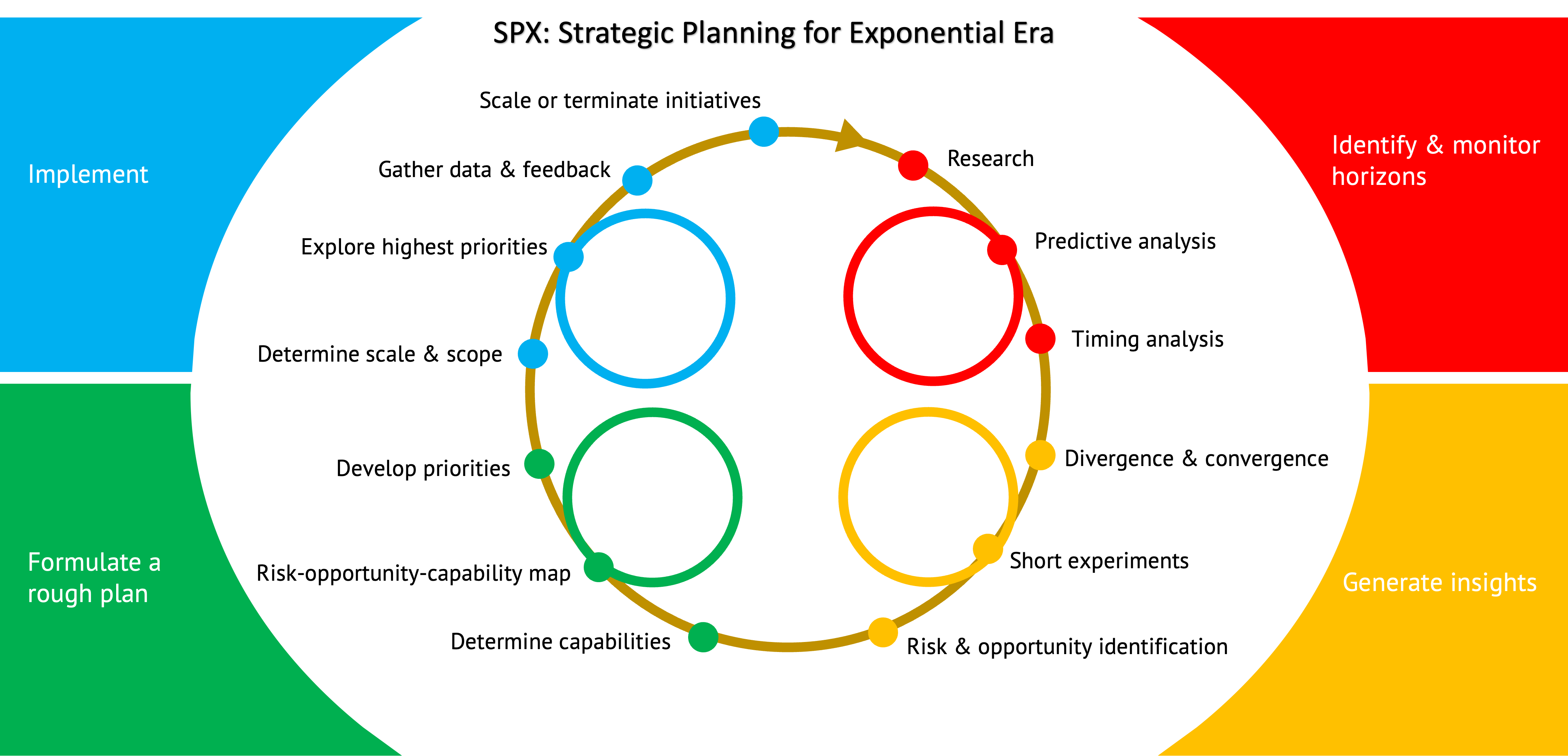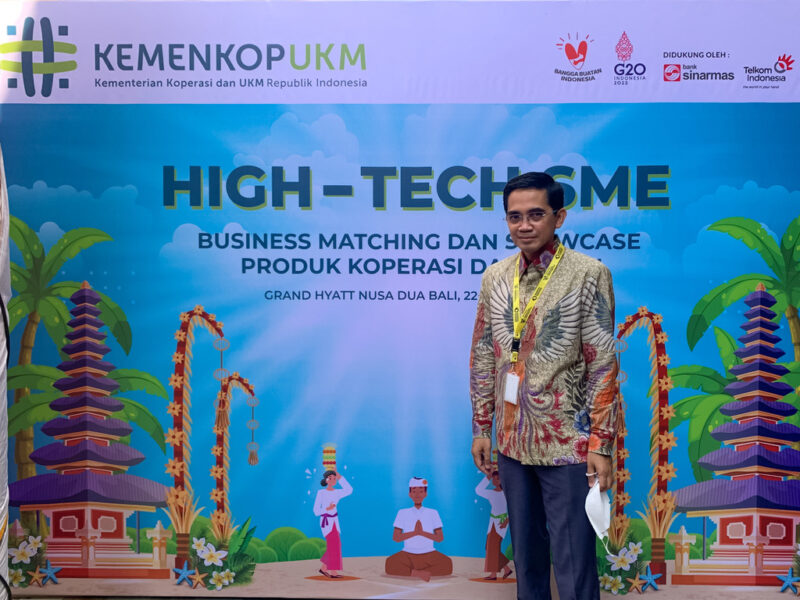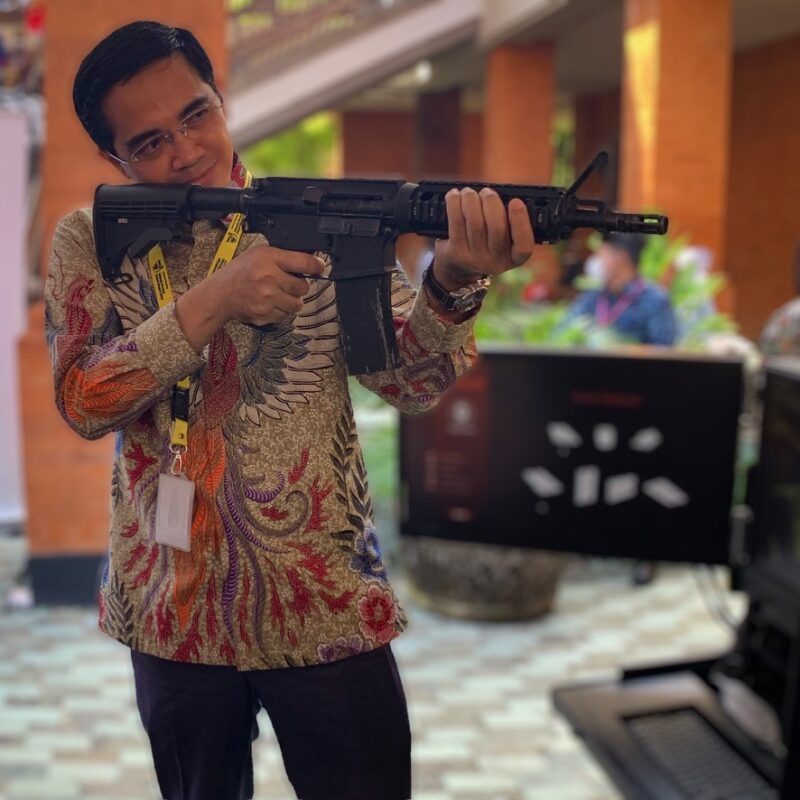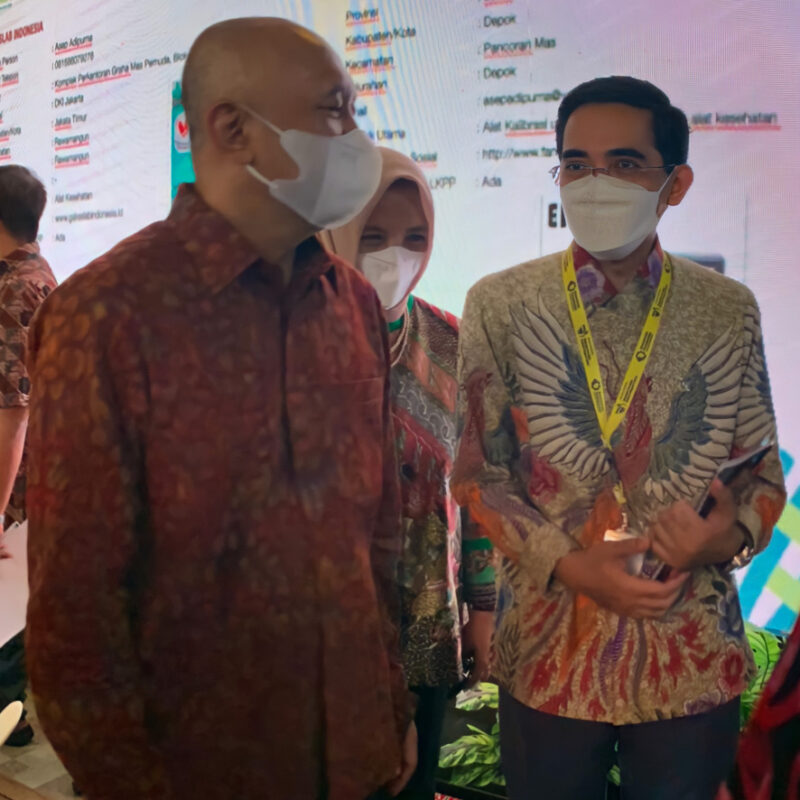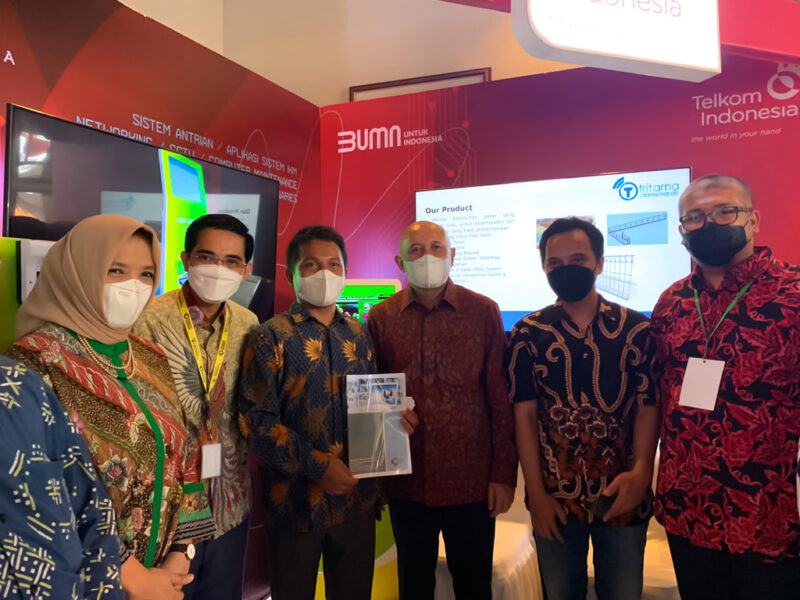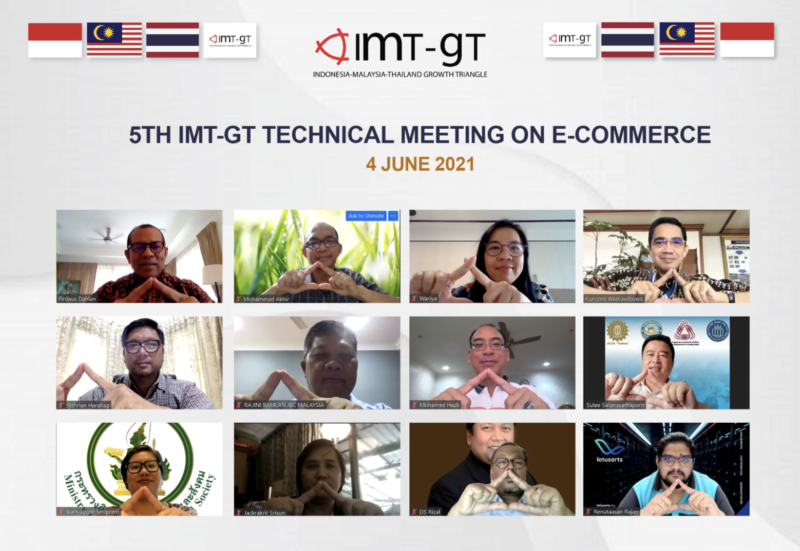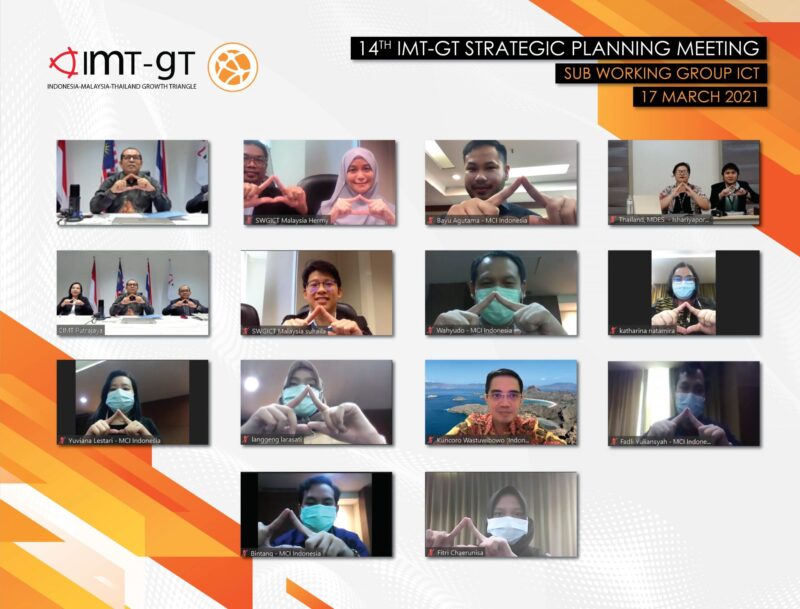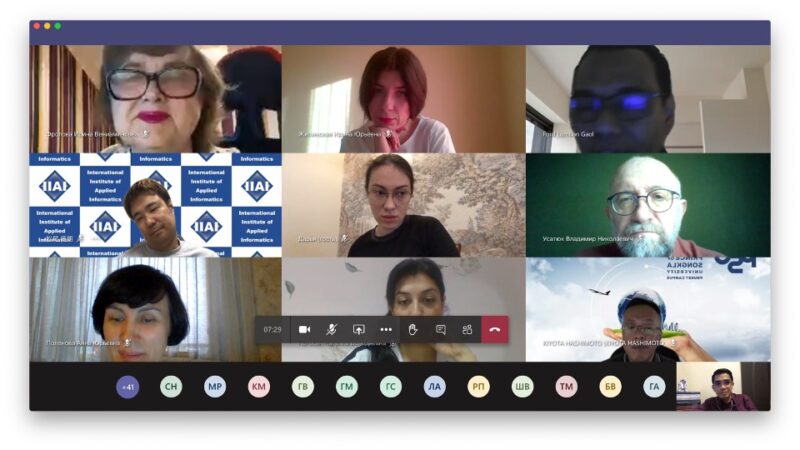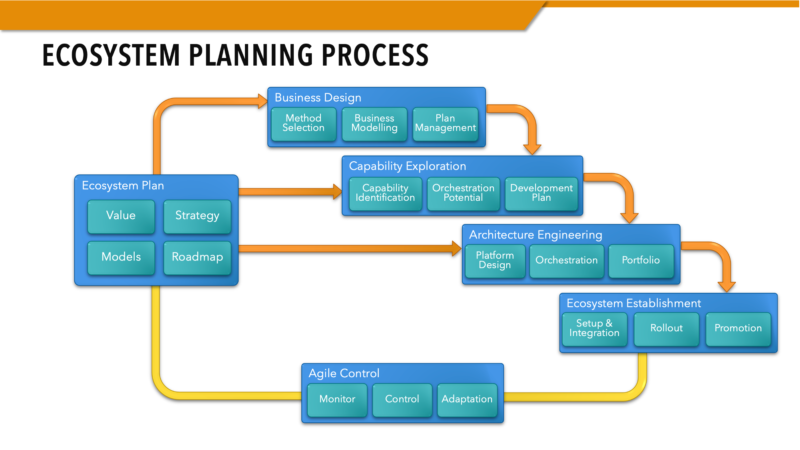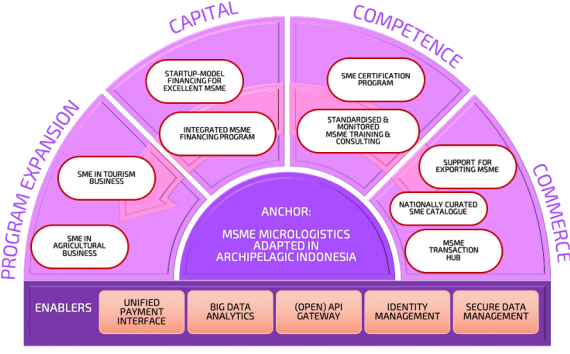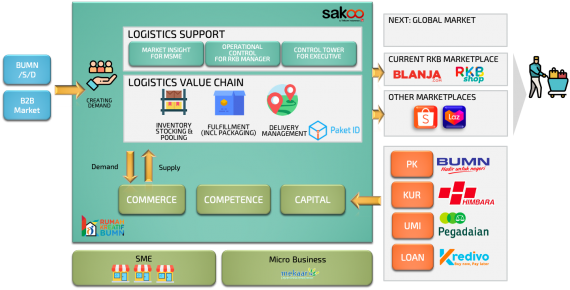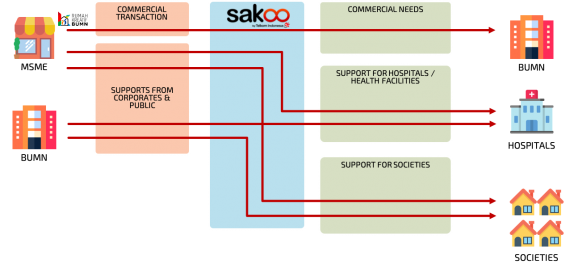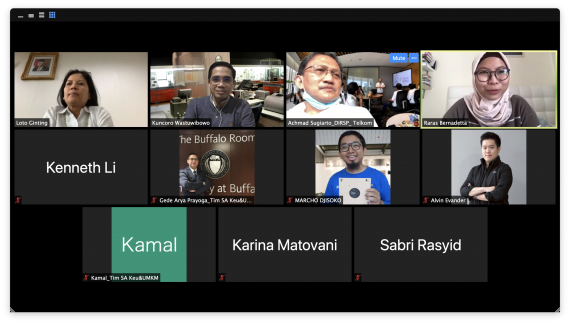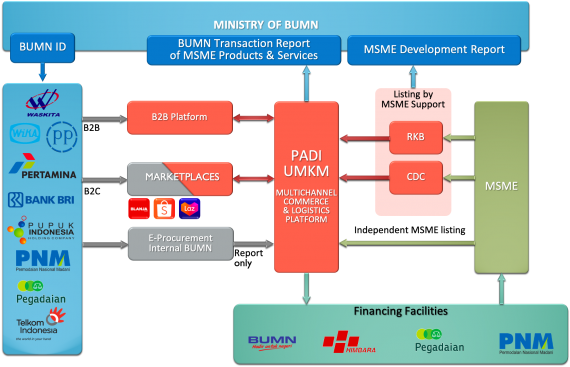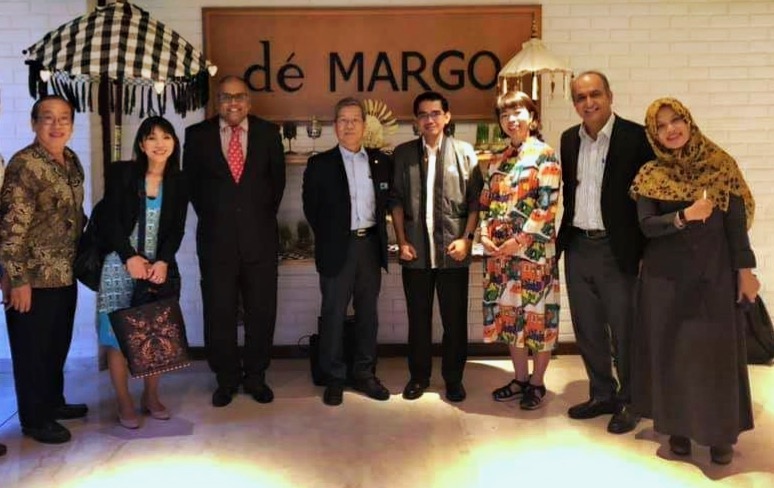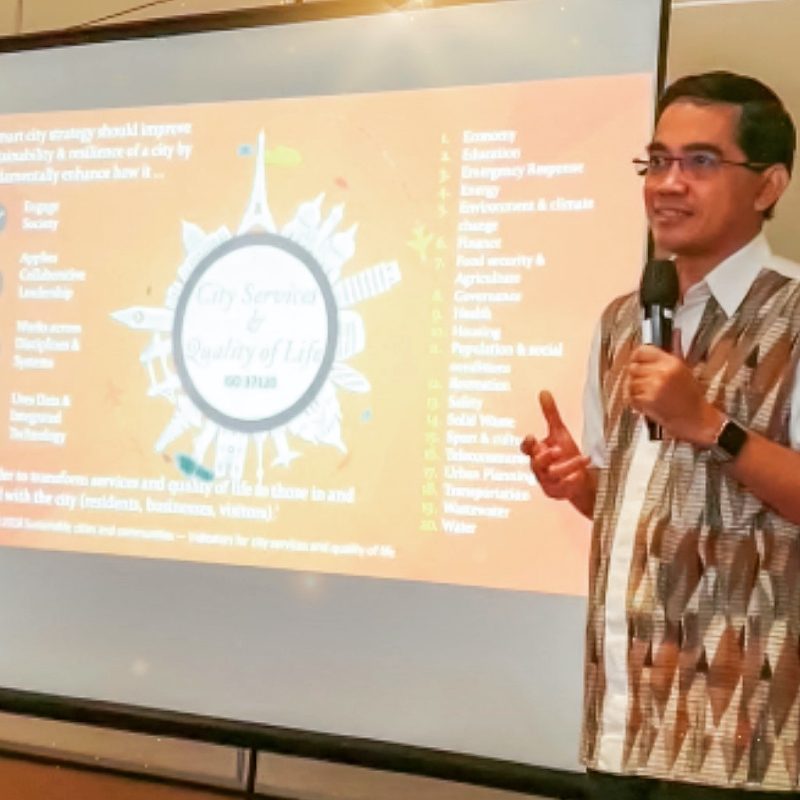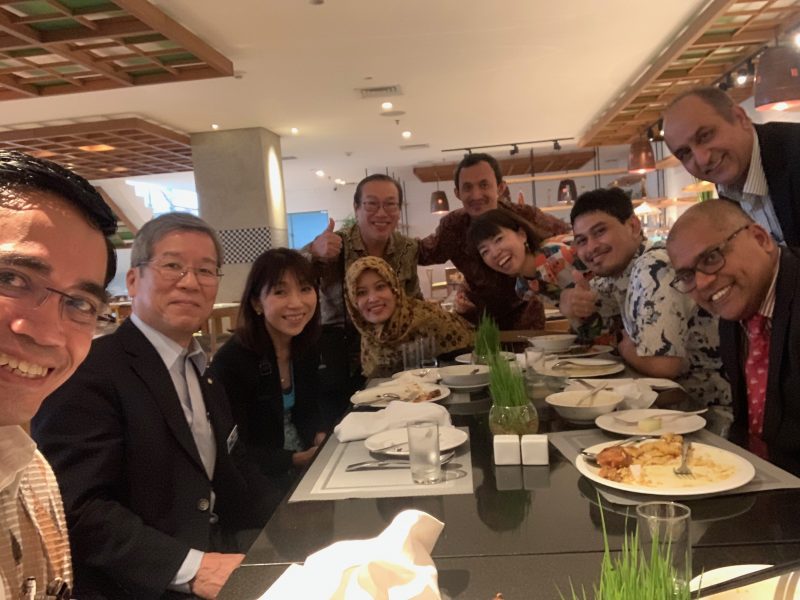It is not a regular occasion of any serving IEEE President to visit Indonesia. In our official note, the first serving IEEE President to visit Indonesia was Prof Peter Staecker in 2013 — he visited Bali for an IEEE Educational Program awareness while I was only days starting my service as the IEEE Indonesia Section Chair. This year, Prof Saiful Rahman, the current IEEE President, is visiting Indonesia for a couple days. The visit is related to the IEEE campaigns in climate change; so it is also the theme of his visit. He is visiting Indonesia accompanied by the current IEEE Indonesia Section Chair, Prof Gamantyo, and the IEEE Malaysia Chair-Elect, Bernard Lim.
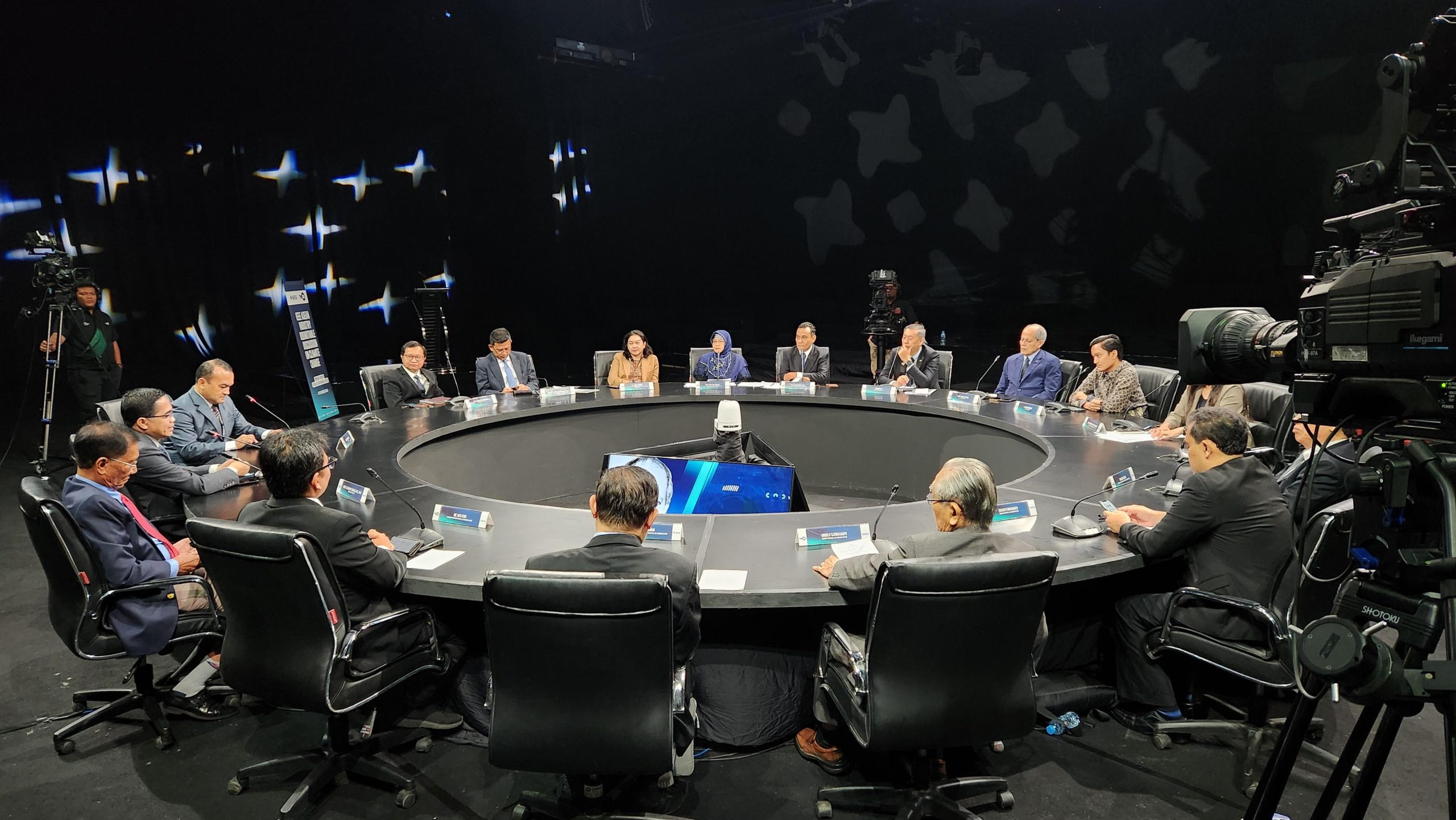
As one of the programs within his visit, the IEEE Indonesia Section co-organise with TVRI, an on-air discussion titled the IEEE ASEAN Roundtable on Climate Change. The event was carried out today in TVRI, with the IEEE President Prof Saifur Rahman as the main speaker, and teens of other speakers from the industry, universities, research centres, and government agencies as participants in round table discussion form — including yours truly, representing the IEEE Indonesia Section Advisory Committee, and the IEEE TEMS Regional Leadership Subcommittee. The organiser is TVRI, led by Dr Agnes Irwanti, a member of its Supervisory Board; and Mr Iman Brotoseno, the CEO.
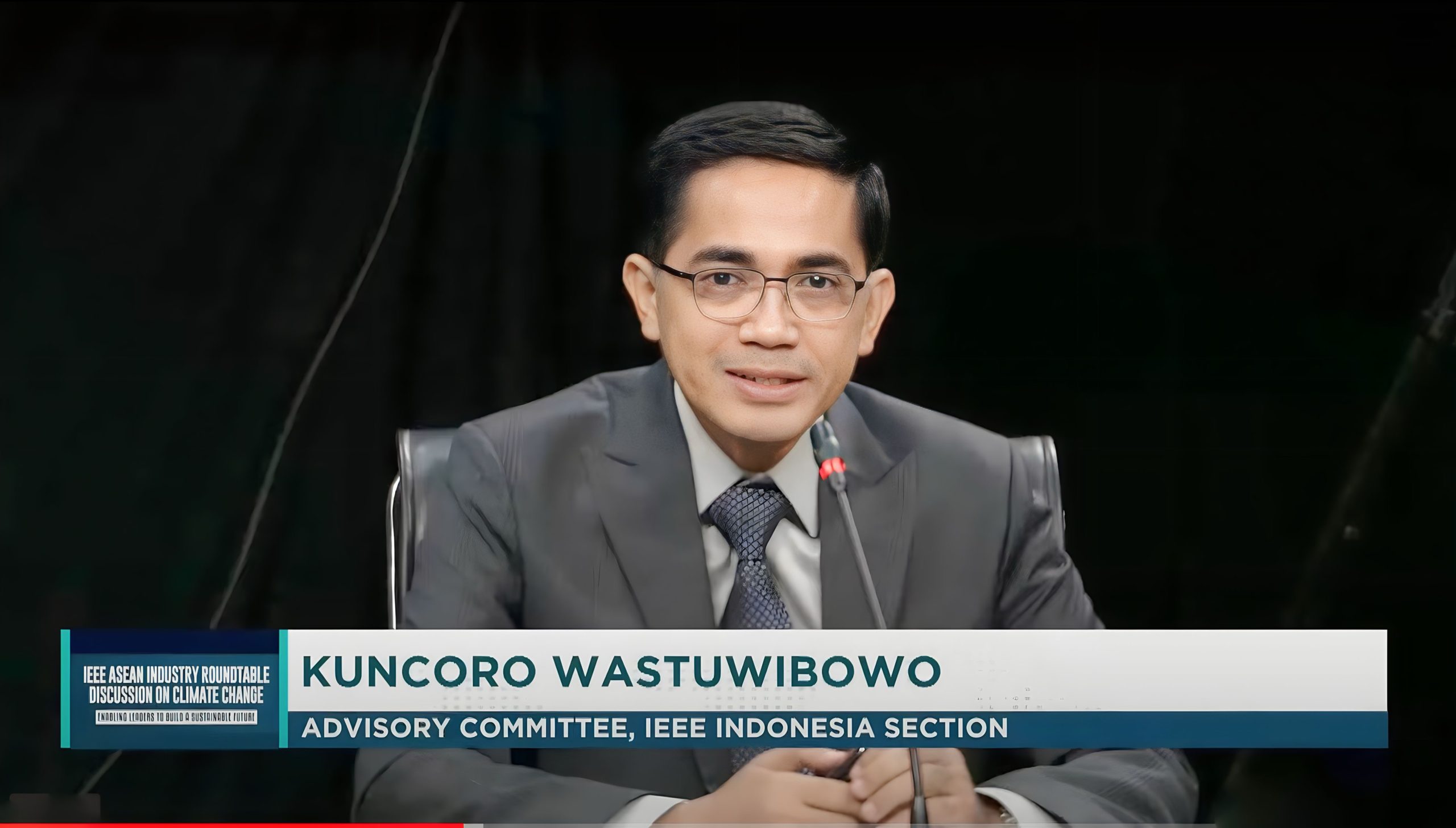
I explored the opportunity of using currently available or currently developed technology to reduce and overcome the impact of the climate change. Climate change is always one of the motivations behind many collaborative innovations in the development of technology and technology-based business.
Since I work in telecommunications industry, I started by giving an example in mobile industry. The use of cognitive radio and dynamic spectrum access (CR/DSA) may optimise green technology by improving the efficiency and utilisation the spectrum by dynamic adaptation to changing network conditions and environmental factors. In urban areas with high network congestion, CR can switch to less crowded frequency bands, reducing power consumption and improving network performance; and it could also optimised to choose the most green-powered network infrastructure available. CR device can lower its power when communicating over shorter distances, conserving energy. CR also enables dynamic spectrum sharing among different technologies. For example, a cognitive radio network can share spectrum with existing cellular networks during peak traffic hours and switch to alternative bands during off-peak times. This optimises resource usage and reduces energy consumption in both networks. With the use of blockchain, spectrum may be shared among operators with easier accounting and cost-sharing.
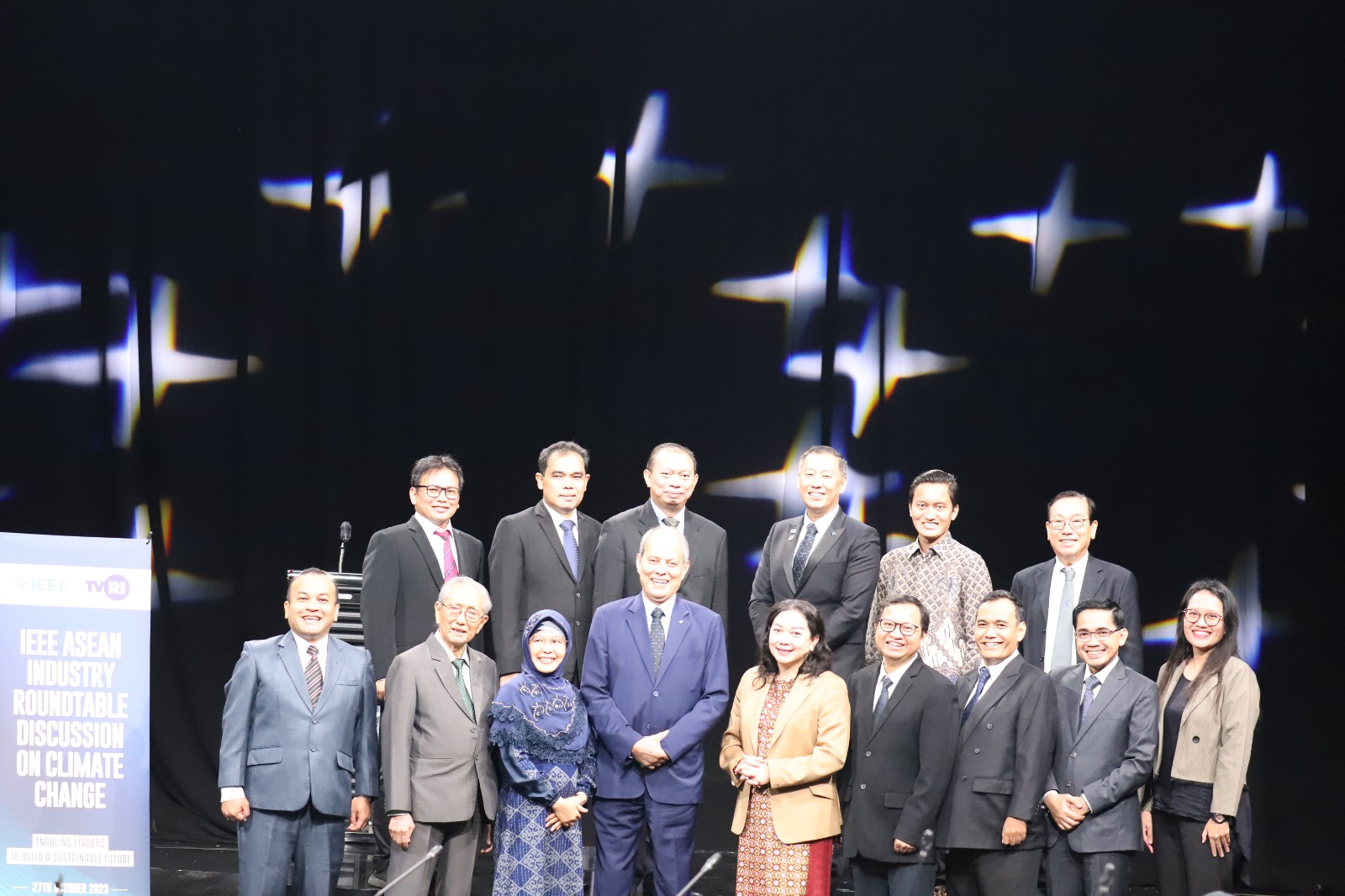
In more applicative approach in the industry, the paradigm of of ecosystem-based business growth has motivated enterprises to share capabilities, resources, opportunities, so they can reduce the cost and risk, while also reduce the cost for the environment by many sharing methods used in business ecosystems, facilitated by massive digitalisation that enables process and capabilities to be modularised, reused, integrated, improved, and orchestrated among collaborative or event competitive businesses.
The use of technology like the AI and robotics play important roles in addressing climate change in various ways. Some examples:
- The technology might be used for autonomous sensor-equipped robots, drones, and satellites to monitor and collect data on climate-related parameters such as temperature, humidity, carbon emissions, deforestation, and more. These technologies help in obtaining real-time and accurate data for climate analysis.
- AI facilitates the analysis of huge amounts of climate data, helping researchers build more accurate climate models. These models are crucial for understanding climate change, its causes, and predicting future climate trends.
- AI can optimize energy consumption in various sectors, including transportation, manufacturing, and buildings. Smart grids and energy management systems use AI to balance energy supply and demand, reduce wastage, and integrate renewable energy sources effectively.
- AI-based integrated logistics management (4PL / 5PL) may orchestrate logistics services to share the logistics resources they have, with better supply chain model, supported by better demand and production prediction. It will also reduce the use of fuel and environmental cost to expand the transportation facilities.
- AI can support agricultural practices, reducing greenhouse gas emissions and improving crop yields. Additionally, robots can assist in precision agriculture, reducing chemical usage and improving sustainability.
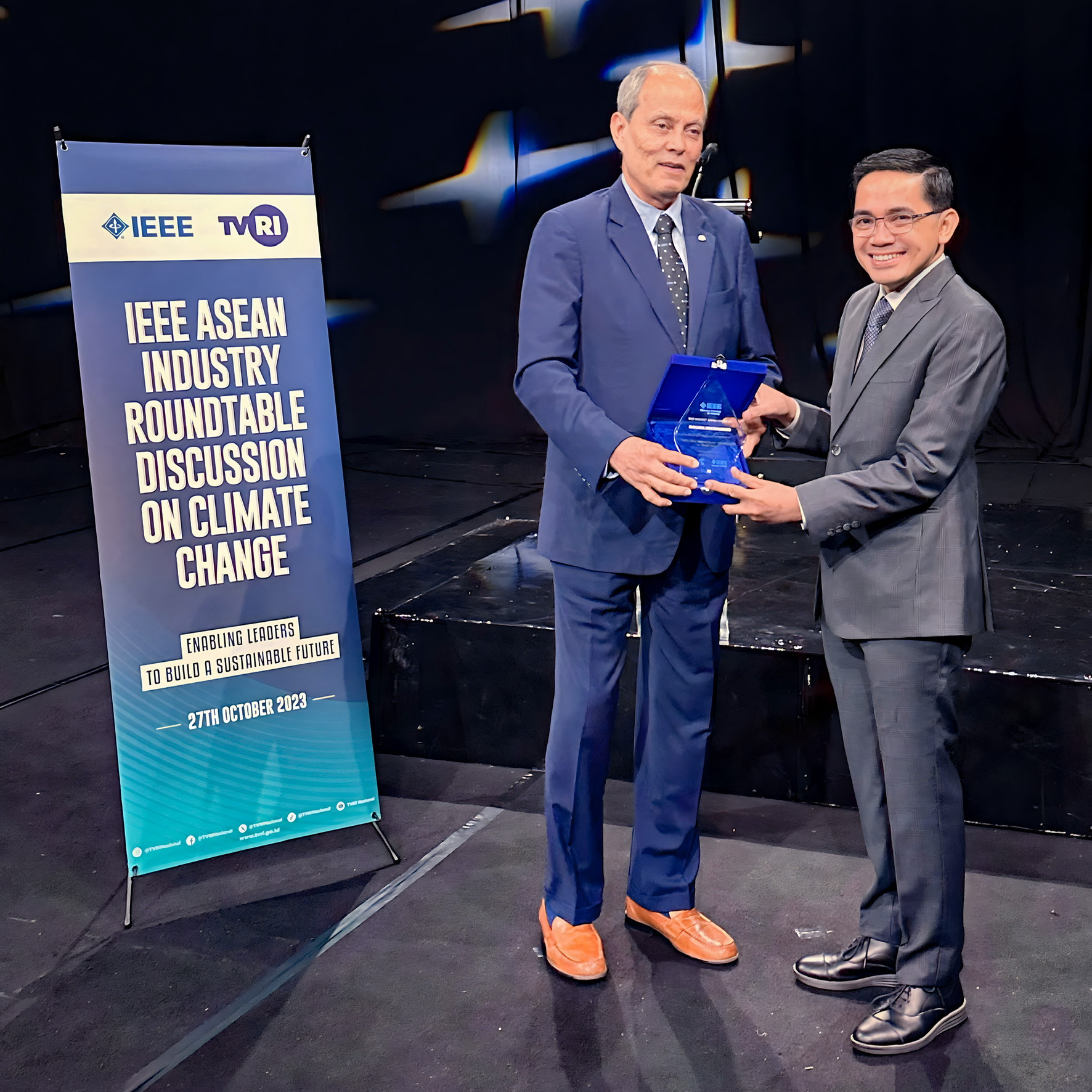
There are many more aspect of technology to be used to improve the environmental conditions, including the power management, traffic management, personalised education, etc. Other speakers also explored what we can do in the aspects of education, government policy, and others.
Even after the formal discussion, we still continue the discussion during the lunch session, after Friday-prayer session. I think it is also my first experience to accompany an IEEE President to a mosque to attend a Friday prayer session.
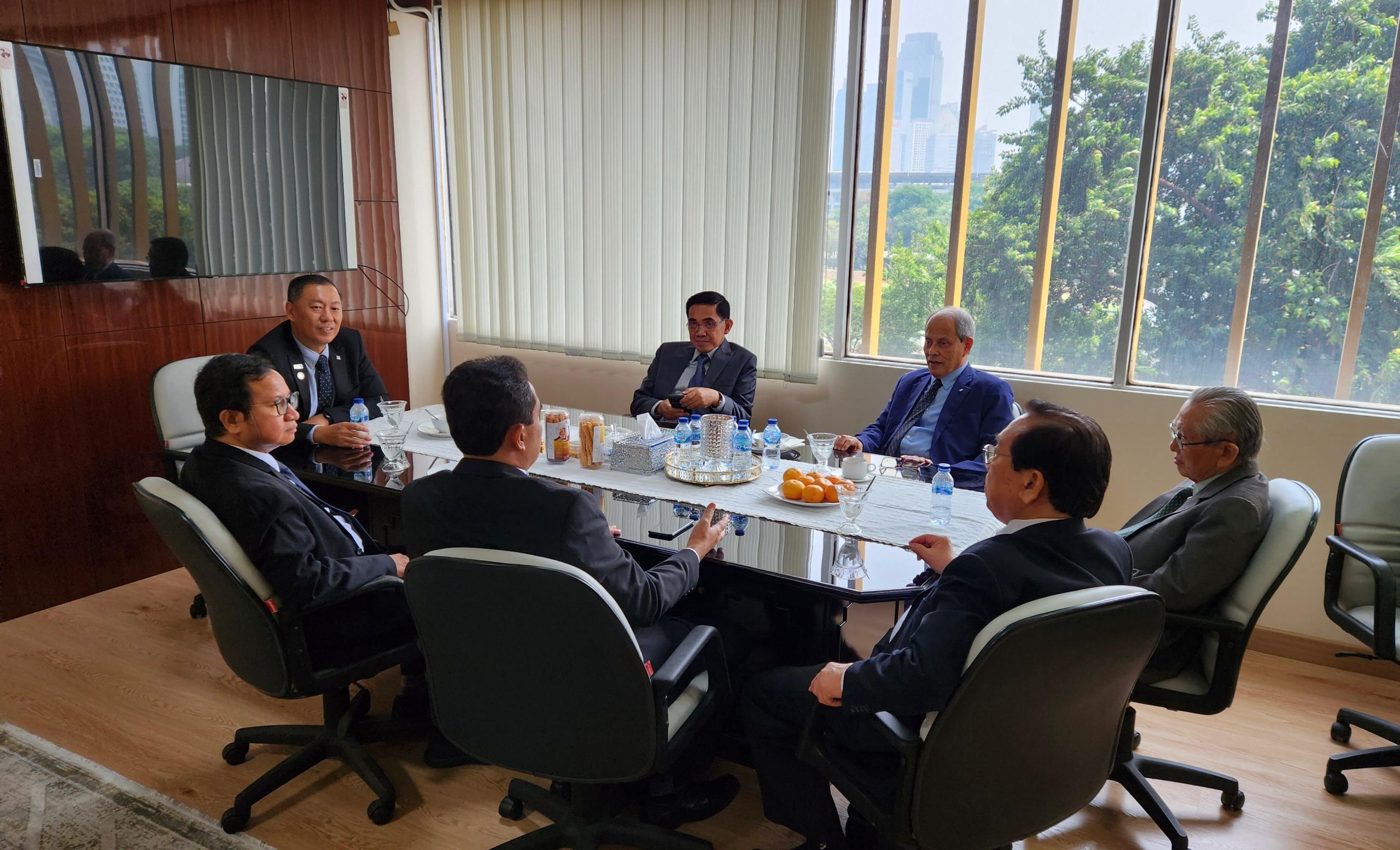
We closed the day with a more relaxing discussion during dinner at Plaza Senayan.
